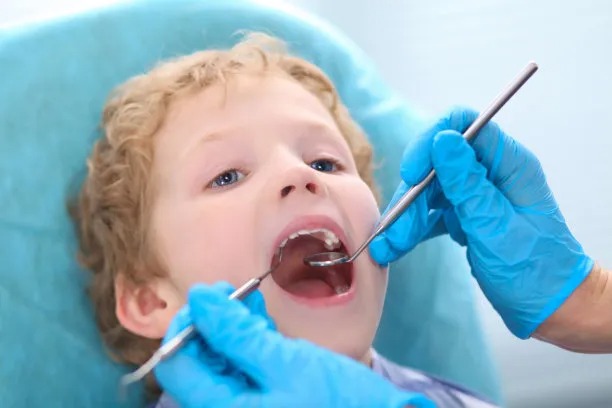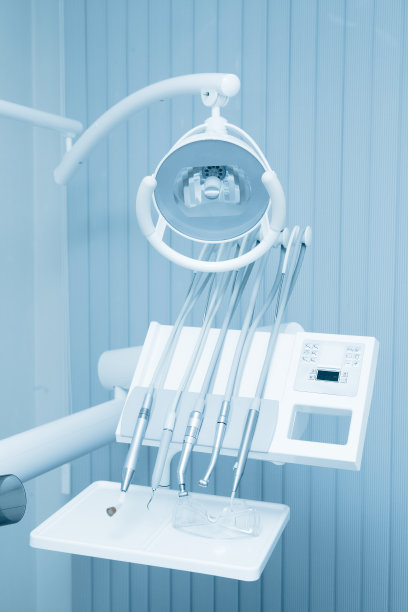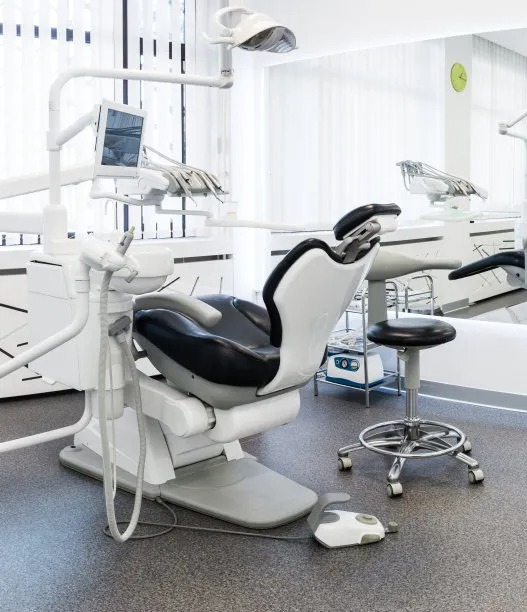Summary: Extracting a tooth can be a daunting and painful journey for many individuals. This article explores the multifaceted impact of tooth extraction, focusing on four key areas: the physical discomfort experienced during the procedure, the psychological ramifications that follow, the influence on overall dental health, and its effect on self-confidence. Each aspect highlights the interconnectedness of dental care, emotional well-being, and personal image, emphasizing the importance of understanding these factors. Ultimately, recognizing the implications of tooth extraction can empower individuals to make better choices regarding their dental health and boost their confidence in social interactions.
The Physical Pain of Tooth Extraction

Tooth extraction is often associated with significant physical discomfort. The pain follows a procedure that typically involves local anesthesia, but patients frequently experience immediate pain as the numbing agent wears off. This initial pain can range from mild discomfort to severe, throbbing sensations that make everyday activities challenging, including eating and speaking.
After the extraction, many individuals endure swelling and inflammation that exacerbate their discomfort. The healing process may involve sensitivity in the surrounding teeth and gums, often complicating oral hygiene practices. Patients may find themselves avoiding certain foods or activities to mitigate pain, further impacting their quality of life during recovery.
Miscalculations in pain management can lead to more severe complications, such as dry socket, where the blood clot protecting the extraction site dislodges. This condition not only intensifies pain but may lead to additional dental visits for management, prolonging the overall discomfort associated with the extraction.
The Psychological Effects of Tooth Loss
The aftermath of tooth extraction often delves into psychological realms that go hand in hand with physical pain. Many individuals experience anxiety and stress leading up to the procedure, fearing both the pain involved and the changes to their appearance post-extraction. Such anxieties can build a negative relationship with dental care in general.
In the days or weeks that follow, individuals may wrestle with feelings of vulnerability. The loss of a tooth, especially in the visible regions of the mouth, can create a sense of shame or embarrassment. This altered self-perception can lead to social withdrawal and hesitance to engage in conversations, affecting ones ability to foster relationships.
Moreover, the psychological trauma of the experience can linger, manifesting in a lasting fear of dental procedures. Patients may begin to avoid routine dental check-ups, potentially leading to further dental issues down the line. Therefore, acknowledging the psychological effects is crucial for holistic dental health management.
The Impact on Overall Dental Health
Tooth extraction can significantly impact overall dental health. On one hand, the removal of a problematic tooth may relieve ongoing dental issues, such as infections or severe decay. However, the absence of a tooth can create a gap that leads to other problems if not addressed properly.
Without appropriate intervention, remaining teeth may shift to fill the space left by the extracted tooth, leading to misalignment and bite problems. These changes can complicate daily activities, such as chewing and speaking, while increasing the risk of further dental issues, including decay and gum disease.
Moreover, the loss of a tooth can impact the health of the jawbone. When a tooth is lost, the underlying bone may begin to deteriorate due to lack of stimulation, affecting facial structure and overall oral health. Therefore, long-term planning after tooth extraction is vital, including options like dental implants or bridges to maintain dental integrity.
The Effect on Self-Confidence and Social Life
The loss of a tooth can erode self-confidence, especially if the extraction is visible in day-to-day interactions. Many individuals feel self-conscious about their smile, leading to more closed-off body language and reduced willingness to engage socially. This shift can hinder both personal and professional relationships.
People may consciously avoid smiling or laughing in public settings, fearing negative perceptions from others. Such weight on self-image can lead to a cycle of social isolation, amplifying feelings of inadequacy and anxiety. This negative self-perception can deter individuals from participating in social activities, work functions, or gatherings where they once thrived.
However, addressing these feelings through support systems, counseling, or restorative dental practices can gradually uplift one’s self-confidence. Rebuilding a positive self-image following tooth extraction is possible, embodying a brighter path toward self-acceptance and social engagement.
Summary: Tooth extraction can be a painful journey influencing not just physical health but also psychological well-being, overall dental health, and self-confidence. Recognizing the intricate relationship between these factors can empower individuals to take proactive steps in managing their dental care and enhancing their quality of life. By understanding the implications, patients can look beyond the extraction and embrace a journey toward improved oral health and confidence.
This article is compiled by Vickong Dental and the content is for reference only
Vickong Dental
Vickong Dental is a large medical group established in Hong Kong in 2008 by professors from well-known medical universities in Guangdong and Hong Kong, as well as medical doctors from key national '985' universities (including Master's supervisors and senior professors). The chain of branches brings together expert dentists with PhDs and Master's degrees from Hong Kong and Mainland China, committed to providing high-quality dental treatment.
"Vickong Dental Practices the University Motto of 'Healing and Serving Society,' with a Stable Operation for Sixteen Years. It Has Been honored with Hong Kong Enterprise Leaders's Choice,' and is a Global Trusted Implant Center for the Nobel Implant System. Recommended by Hong Kong Metro Broadcast and Guangdong Television, it Serves Customers from Over Thirty Countries and Regions, Gaining the Trust and Favor of Citizens from the Guangdong-Hong Kong-Macau Greater Bay Area and Surrounding Cities.

Thousands of customers' unanimous praise
The most recognized and highly recommended dental service by customers in the Guangdong-Hong Kong-Macau Greater Bay Area
We Ensure You Receive Detailed Care and Attention Here
Hong Kong standards, Shenzhen prices, Your Trusted English-speaking dentists

Vickong Dental Medical-Grade Instrument Disinfection Process
Vickong Dental Medical-Grade Instrument Disinfection Process

Vickong Dental Chain: A Warm and Comfortable Environment for Treatment






Appointment Hours

Q&A
Why choose Vickong Dental?
Vickong Dental practices the university motto 「Medicine to Benefit Society」, with each branch bringing together highly qualified dentists with doctoral and master’s degrees from Hong Kong and the Mainland, and has maintained seventeen years of steady operation。Recipient of 「2024 Hong Kong Enterprise Leaders Brand」, 「2025 Hong Kong Enterprise Leaders Brand」, a Nobel Biocare Global Trusted Implant Center, and a brand recommended by Metro Radio Hong Kong and Guangdong TV。
To date, we have served customers from more than thirty countries and regions,earning exceptionally high word-of-mouth recognition and trusted recommendations from residents across the Guangdong-Hong Kong-Macao Greater Bay Area and surrounding cities
We have eight major branches in Zhuhai、Shenzhen,and a consultation and service assurance center in Hong Kong,so you can book a free consultation at any time for any questions,which is very reassuring.
If I do not accept the quotation after the CT scan, will I be charged??
No! As long as the actual treatment has not started, you will not be charged any fees.
Will there be any additional charges during the treatment process?
No, there won’t be any additional charges. Before treatment begins, we will clearly explain the treatment plan and its corresponding fees. Only after the patient agrees and signs the consent form will we proceed with the dental service.
Can I pay in Hong Kong dollars?
Yes. Vickong Dental accepts payment in Hong Kong dollars. The amount will be converted based on the exchange rate of the day, and the applicable rate will be clearly communicated to you in advance.
Can I reschedule my appointment at any time?
Yes. Please contact us via **WeChat** or **WhatsApp** as early as possible, providing your original appointment time and details, along with your preferred new date and time slot for rescheduling.













